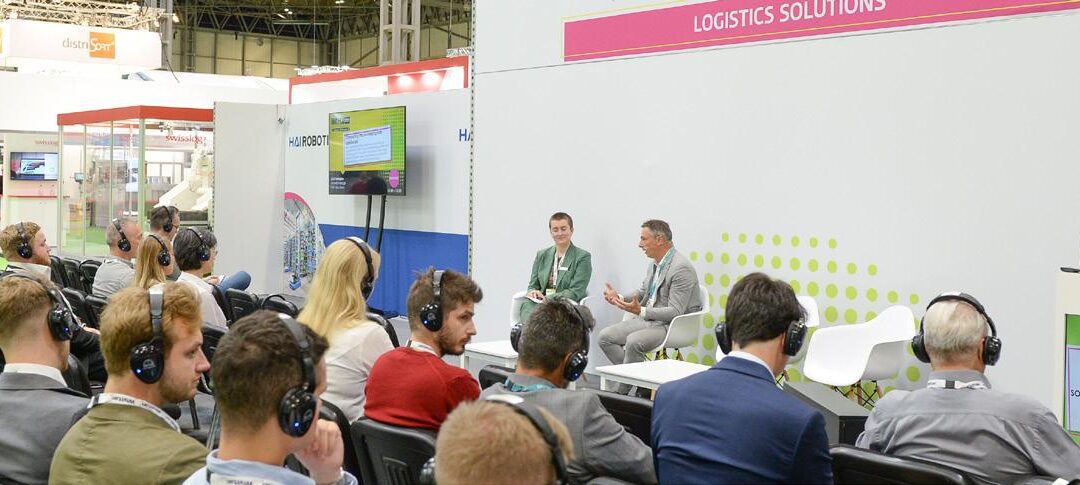This article consists of 16 pages and 3351 words. In order to have full access to this article, email us at thedocumentco@hotmail.co.uk
Ref. no: 56163
Introduction
This report examines the organizational culture of the Metropolitan Police, focusing on its cultural landscape and the need for change. The report, based on Baroness Louise Casey’s report, highlights the need for a cultural shift within the Met Police, aiming to become a reflective and learning organization. The report aims to define the essence of a reflective, learning organization, using academic discourse to understand its key attributes. It then employs established organizational cultural models to evaluate the existing ethos within the Met Police, considering both structural and socio-cultural dimensions. The report also explores trust as a foundational element within organizations and its acquisition and erosion mechanisms. It critically evaluates Kanter’s model of change implementation, assessing its effectiveness in orchestrating the Met Police’s metamorphosis. The report also reflects on the intrinsic significance of organizational design principles, highlighting the Met’s case and their implications for Efficiency of institutions. The paper navigates the difficult world of company culture, change circumstances, and trust in the Met Police to make it quicker to respond, accountable, and flexible.
Reflective, Learning Organization
Reflective, learning organisations adapt, create, and improve (Ahmad et al., 2019). Self-reflection, group learning, and speedy information adoption are promoted. Encouragement to speak up encourages transparency and productive talks. Effective companies encourage variety with individuals and collective knowledge (Almomani et al., 2023). They adapt proactively.. Feedback loops and the assessment frameworks are essential learning processes. Reflective, learning organizations support growth and flexibility through their culture, not just knowledge…


Recent Comments